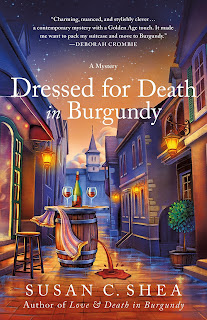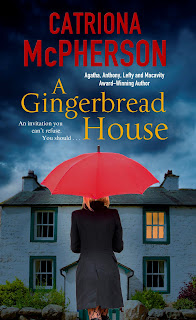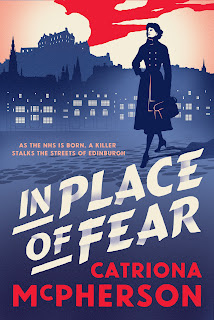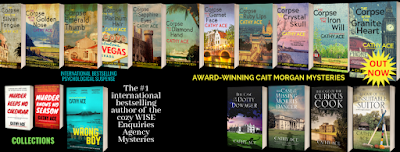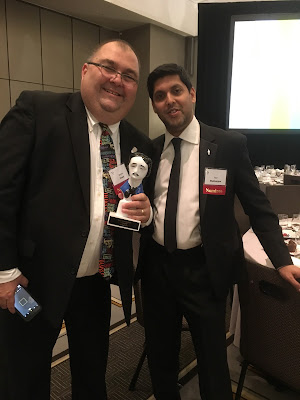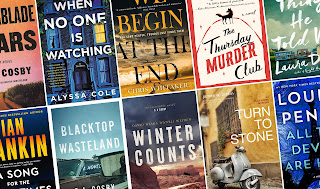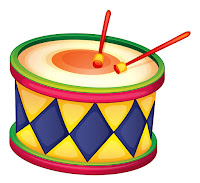Taking negative/critical feedback isn't often heralded as a skill but perhaps it should be. How do you handle it when it comes your way?
From Frank
Let's face it -- sending out your story or novel for feedback is like walking into a roomful of people at a party while naked, motioning up and down your exposed form, and asking, "Well? Whaddaya think, huh?"
Yeah, it's vulnerable.
I learned early on in my career that there are two kinds of negative feedback -- constructive and destructive.
Destructive feedback can take on many forms but can be summed up thusly -- the person giving the feedback is tearing you down to make themselves seem superior. The feedback is purposefully mean, and ofttimes petty, and replete with examples of "how I would do it."
For the latter, I'm not talking about suggestions to make the story better but an attempt to essentially rework the story to resemble something that critiquing writer may have penned.
I've often said a good editor helps the writer reveal his/her own voice and tell the story they're trying to tell rather than imposing the editor's voice and will on the work. The "how I would do it" move is essentially the opposite of that kind of good editing. It's egocentric and rooted to that strange need to tear someone down that I, frankly, don't understand. The psychology of that behavior is a whole other post.
Fortunately, after taking a couple of these teeth-kickings, I figured out how to identify this type of feedback and stopped asking for it from those people.
That's not to say I don't want hard, critical feedback. Quite the opposite. But the difference is, I want it from someone who is on my side. Someone who has the goal of helping my story succeed. As a result, they are honest, thoughtful, and yes, critical. But the motivation comes from a very different place -- to lift me (and the work) up rather than stomp me down.
I am fortunate to have a corps of beta readers who are quite honest and point out errors without hesitation. I have a couple of writing friends who are brutally, lovingly honest. The last few years, I've enjoyed a close working relationship with my friend and co-author, Colin Conway. We review all of each others' work with a critical eye and we have some especially hard conversations, but those conversations are possible (and fruitful) only because we both know whose side we're both on. It's all about serving the story, making it the best it can be.
My wife and first reader is another example of this. She has shown incredible support and is very complimentary of my work but also doesn't hesitate to call it straight if she thinks I made a mistake or could simply do better.
She might be the only one I struggle a little to take that healthy criticism from (remember the naked guy at the party?) Even if it is delivered kindly, her not liking something I wrote stings a little. So I usually have to take a moment to let the emotional response pass before examining the criticism. More often than not, it's on point.
So while taking criticism is certainly a skill (as is learning which pieces of criticism to accept and which ones to reject) but it becomes rather simple once you figure out that one simple fact about the person doing the criticism.
Are they on your side, or not? Is the criticism for the good of you and your work, or is there something else going on there?
I'm sure most of us have encountered the latter, just as I'm certain all of us value the former.
Also, as an aside.... if you can't identify with the embarassed, naked, vulnerable person at a party analogy at the beginning of this post, then you most certainly go to more interesting parties than I used to attend! I'm sure hot tubs were involved.
--------------------------------------
BSP! I was fortunate to have a story included in an anthology called To Serve, Protect, and Write: Cops Writing Crime Fiction, Volume 1, edited by A. B. Patterson. As the title suggests, all of the authors are current or former law enforcement who write crime fiction.
My story, "The Last Cop," is a near future take on the profession. It is also an idea that has been on my hard drive in some form or another for about fifteen years. I'm glad for it to finally see the light of day!
"The Last Cop," fittingly, is the final story in the anthology.
As I write this, the book isn't quite yet available but its release is imminent. If there aren't links in this post when it goes live, you will eventually find them on my website.


